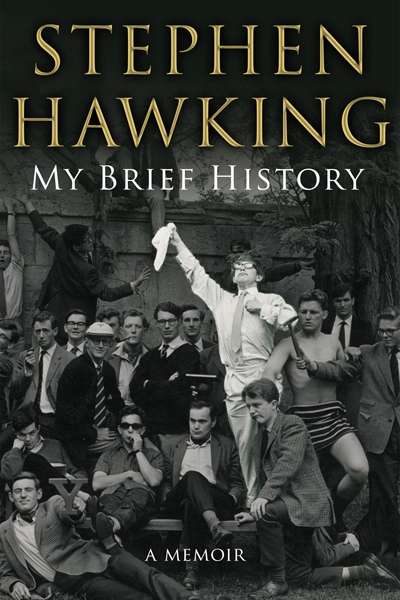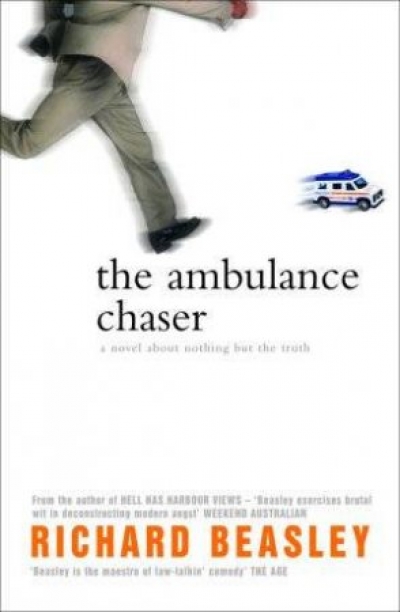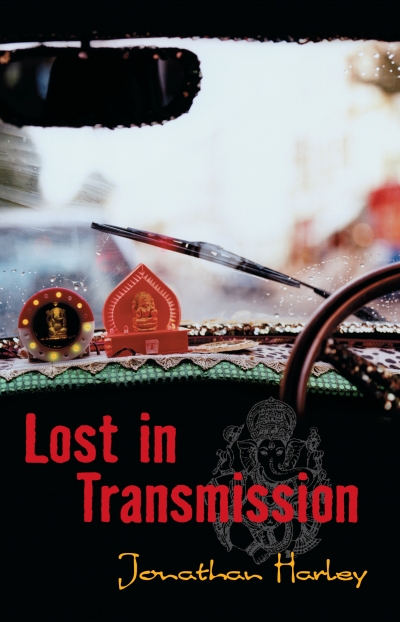The Barton family of Susan Johnson’s Life in Seven Mistakes is ‘unhappy after its own fashion’, to quote Tolstoy’s famous dictum. Elizabeth Barton’s perspective dominates the narrative. A 49-year-old ceramicist who lives in Melbourne and is preparing for her first exhibition in New York, Elizabeth is under pressure to complete some pieces needed for her opening. With her third husband, Neil, Elizabeth and her three children are spending Christmas with her parents. Bob and Nancy Barton have retired to the Gold Coast where they live in a vulgar, ferociously air-conditioned apartment. Also there are one of Elizabeth’s brothers, Robbie, with his wife, Katie, and their two children. The youngest brother, Nick, is in jail for drug offences and erased from the family narrative, but he is ever-present in Elizabeth’s mind.
...
(read more)




